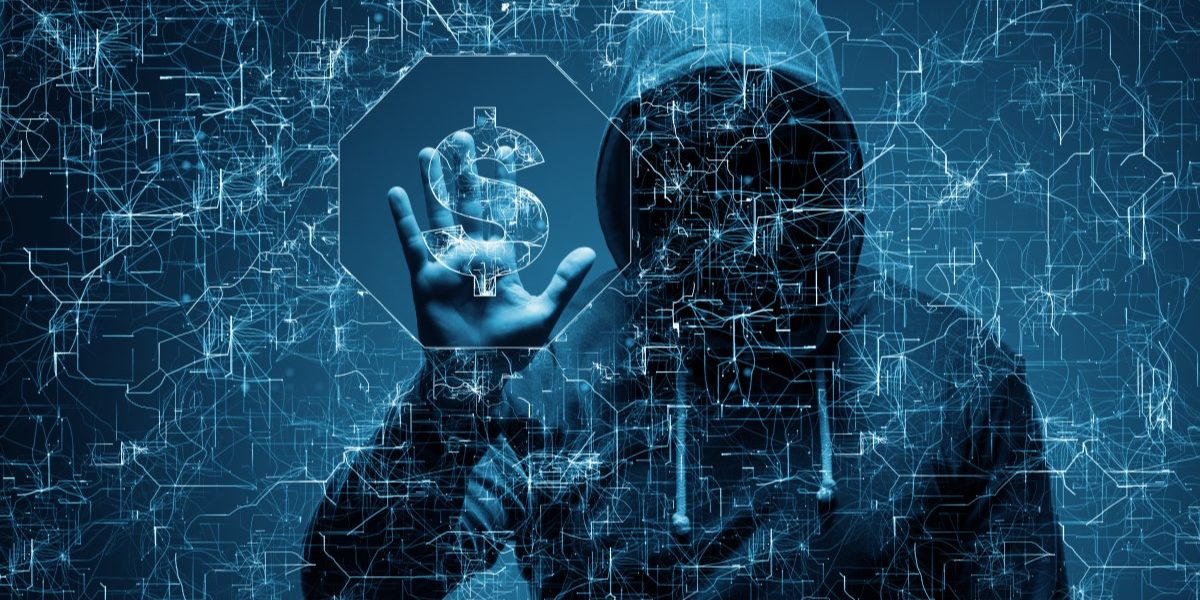
Cybercrime Law, a rapidly evolving field, addresses the legal challenges and frameworks designed to combat crimes committed in cyberspace, including hacking, identity theft, online fraud, and data breaches. As technology advances, the need to strengthen Cybercrime Law becomes essential to protect individuals, organizations, and national security. This area offers rich opportunities for dissertation topics, research topics, project topics, and proposal topics, including issues like data privacy, international cybercrime regulations, ethical hacking, cybersecurity policies, and the implications of artificial intelligence on cyber law enforcement.
Related Topics: International Environmental Law
International Cybercrime Law Dissertation Topics:
- The role of cybercrime law in protecting personal data in the digital age
- Analyzing the effectiveness of cybercrime laws in combating online financial fraud
- The impact of cybercrime law on international data transfer regulations
- Exploring cybercrime law provisions for intellectual property theft in cyberspace
- Challenges in prosecuting cybercriminals under international cybercrime law
- Cybercrime law and the regulation of dark web activities
- The role of cybercrime law in protecting children from online exploitation
- Cybercrime law enforcement across multiple jurisdictions: A legal perspective
- The implications of cybercrime law for social media platforms and user data
- Cybercrime law and its effectiveness in preventing identity theft
- How cybercrime law addresses online harassment and cyberbullying
- The impact of cybercrime law on privacy rights and freedoms online
- Comparing cybercrime laws and policies across different countries
- Examining the role of cybercrime law in countering ransomware attacks
- Cybercrime law and the legal challenges in regulating cryptocurrency transactions
- Cybercrime law’s role in protecting critical infrastructure from cyber threats
- Analyzing cybercrime law’s approach to preventing corporate espionage online
- The role of cybercrime law in prosecuting digital copyright infringement
- Legal challenges in enforcing cybercrime laws in cloud computing environments
- Cybercrime law and its approach to securing e-commerce transactions
- An overview of cybercrime laws specific to mobile device security
- The role of cybercrime law in addressing online hate speech and incitement
- Evaluating the effectiveness of cybercrime law against phishing and online scams
- How cybercrime law tackles the issues of spyware and malware distribution
- The relationship between cybercrime law and the Internet of Things (IoT) security
- Exploring the role of cybercrime law in combatting cyberterrorism
- The legal ramifications of deepfake technology under cybercrime law
- The role of artificial intelligence in shaping cybercrime law enforcement
- Cybercrime law and the ethical considerations in digital forensics
- The use of international treaties in harmonizing cybercrime law globally
- Examining cybercrime law’s impact on business compliance and cybersecurity standards
- The intersection of cybercrime law and blockchain technology
- How cybercrime law affects the legal responsibilities of internet service providers
- Cybercrime law and data breach notification requirements for organizations
- Analyzing the role of cybercrime law in regulating online gambling platforms
- The legal framework for cybersecurity audits under cybercrime law
- Understanding the role of cybercrime law in securing government networks
- The challenges in adapting cybercrime law to advancements in quantum computing
- Cybercrime law and its implications for the protection of medical data online
- The evolving role of cybercrime law in protecting trade secrets in the digital era
- Analyzing cybercrime law’s response to insider threats within organizations
- How cybercrime law influences corporate cybersecurity training programs
- The impact of cybercrime law on ethical hacking and penetration testing practices
- Cybercrime law and the rights of online users against government surveillance
- The role of cybercrime law in regulating online marketplaces and digital transactions
- Cybercrime law’s response to cyberstalking and online threats
- The role of cybercrime law in protecting financial systems from cyber attacks
- The implications of cybercrime law on digital rights and freedom of expression
- How cybercrime law addresses challenges related to cross-border cyber investigations
- Future trends in cybercrime law and their potential impact on cybersecurity practices

